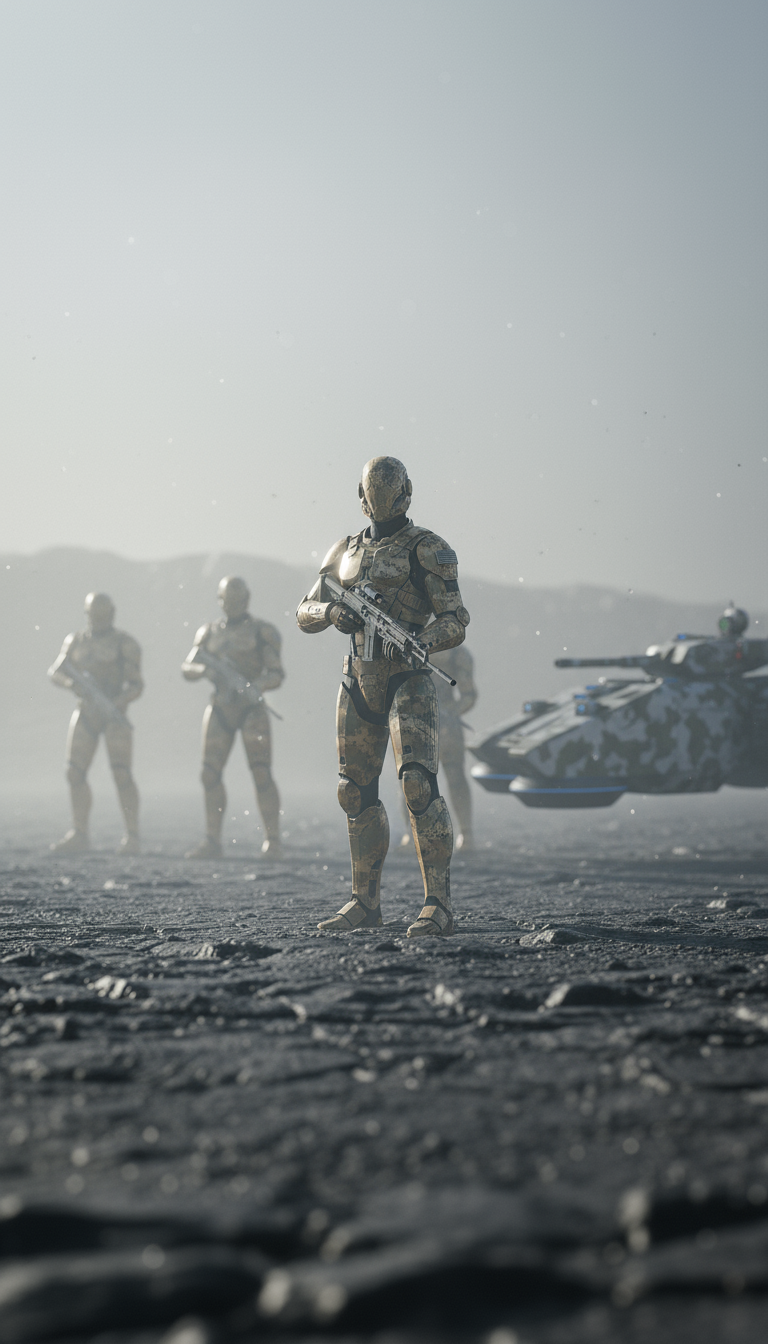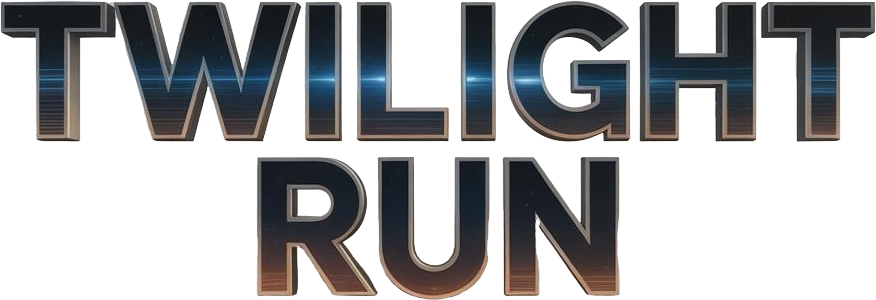Alien Combat Unit Encounter Debrief

Entry 1: Briefing and Deployment
We were dispatched at first light to investigate abnormal energy signatures in Sector 12B. Command suspected they were remnants of the alien combat unit reported near the planet Hallmark last week, but no direct contact had been confirmed since. Our orders were clear: observe and report.
Echo Squad consisted of six Marines equipped with standard MDF combat armor, augmented-vision helmets, pulse rifles, and a Recon Sentinel drone. Morale was steady. We had seen combat before, but never anything like the briefings described. Captain Myers closed the session with a familiar line, “Expect the unexpected.” In the Pittman War Zone, that phrase is not a cliché. It is a survival doctrine.
Entry 2: Initial Encounter
We reached the coordinates by midafternoon. The terrain was a scarred wasteland of fractured stone and blackened craters, the aftermath of too many battles fought on the same ground. The charred remains of an MDF hover transport marked the edge of our search zone.
The drone’s sensors registered movement five hundred meters ahead. At first, it looked like nothing more than shifting shadows across the rocks. Then they appeared.
The aliens were enormous—bipedal, roughly three meters tall, with exoskeletons that shimmered like liquid metal. Their movements were smooth, almost graceful, yet undeniably predatory. Their weapons pulsed with an organic energy, emitting a low hum that vibrated through our armor. Even before they fired, the air felt charged, alive, and wrong.
Entry 3: The Ambush
We never had the chance to observe. The first blast came without warning, a concentrated surge of energy that vaporized our drone in an instant. I shouted for cover, diving behind a ridge of stone as the squad scattered. The aliens advanced with mechanical precision, their formation fluid but coordinated, as if guided by a single mind.
Their weapons tore through the landscape. One shot disintegrated the rock formation Corporal Davis had chosen for cover. He was gone before anyone could react. Our return fire did little more than flash harmlessly across their armor. Even explosive rounds barely slowed them. I managed to stagger one briefly, but its plating shifted and hardened almost immediately. It was learning.
Entry 4: Tactical Adjustment
With our position compromised, we improvised. Private Singh deployed a portable EMP charge—an emergency device intended for disabling enemy systems. When it detonated, the aliens faltered. For the first time, they hesitated.
“Now! Focus fire!” I ordered. The squad opened up with everything we had. Specialist Ortega’s grenade hit one of the creatures dead center, shattering its armor in a burst of molten fragments. The others retreated a short distance, regrouping with flawless coordination. Within moments, they adapted again. The advantage we gained was gone as quickly as it came.
The realization hit hard. They were not just strong. They were evolving with every engagement.
Entry 5: The Retreat
When it became clear we could not hold, I called for extraction. Our ammunition was running low, and our cover was collapsing under sustained fire. The aliens pursued as we withdrew, their weapons distorting the air with strange ripples that disrupted our sensors and disoriented movement.
By the time the dropship reached our position, only four of us were left. Corporal Harris stayed behind to cover the retreat. His final words over the comms were calm and resolute: “Don’t let them win.” He did not make it aboard.
As the dropship ascended, I looked back through the viewport. The aliens stood in the clearing, motionless and silent, watching us leave. It felt deliberate, as though letting us escape was part of their plan.
Entry 6: Post-Engagement Analysis
Back at Outpost Sentinel, the debrief was grim. Echo Squad has been reduced to four Marines, and morale has fractured. Command demanded every detail, but our data feeds were mostly static. The aliens’ interference wiped half of our telemetry.
Key Observations
- Tactics and Coordination: The aliens function as a unified entity, reacting faster than any human unit. Their coordination suggests a hive network or battlefield AI link.
- Strengths: Adaptive exoskeletons, superior mobility, and weapons capable of destabilizing local gravity fields.
- Weaknesses: Momentary vulnerability to electromagnetic pulses and concentrated explosive ordinance.
Recommendations
- Develop and deploy countermeasures targeting adaptive armor systems.
- Standardize EMP devices across all forward units.
- Prioritize intelligence and specimen recovery during future encounters.
Entry 7: Reflection and Resolve
I have fought in more battles than I care to count, but this was different. The enemy we faced was not driven by rage or vengeance. It moved with purpose, as though guided by something greater than instinct. These were not soldiers in the conventional sense—they were the embodiment of precision and control.
Harris’s sacrifice still weighs on me. His death bought us the time to warn Command, and his words echo every time I close my eyes. We cannot allow this enemy to gain the upper hand. Pittman may belong to them for now, but not forever. Humanity has always learned, adapted, and endured. We will again.
For Harris. For Echo Squad. For all of us still standing.
End Log
After-Action Report:
Location: Outpost Sentinel, Southern Ridge, Planet Pittman
Unit: Echo Squad, MDF Fourth Battalion
Mission: Reconnaissance Patrol, Grid Sector 12B
Log Entry Author: Sergeant Elias Kane
Date: 2157.03.18
